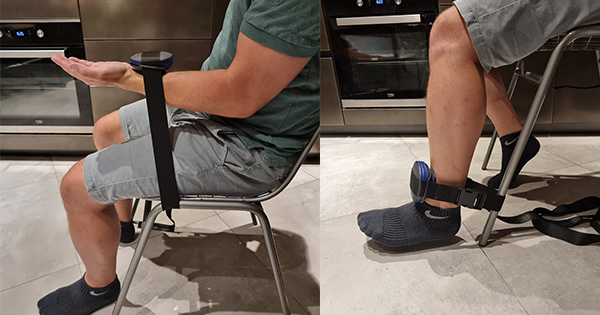<p>Background: Breast cancer-related lymphoedema (BCRL) is a growing concern with the increased survival rate following breast cancer (Smith et al, 2011). However, limited data is available on prospective management designed to reduce the morbidity of BCRL.</p>n<p>Aims: To evaluate the impact of the development of a BCRL programme on the management of women with breast cancer.</p>n<p>Methods: In 2004, a BCRL programme was developed at William Beaumont Hospital (WBH) to increase awareness regarding BCRL and to have more patients evaluated by a BCRL expert prospectively. Indications for patient referral and therapies recommended were evaluated and compared during a five-year time period.</p>n<p>Results: At inception, the majority of cases seen in the clinic focused on existing BCRL (86%), with no patients seen electively (91% of all patients presented with clinically evident lymphoedema). Five years after inception, 25% of all new breast cancers diagnosed at WBH were seen electively in the clinic and significantly more were seen for elective evaluation (18.9% v. 0%, p<0.001).</p>n<p>Conclusions: Five years following the inception of a BCRL clinic, significant increases in elective BCRL visits were seen. Declaration of interest: None.</p>




